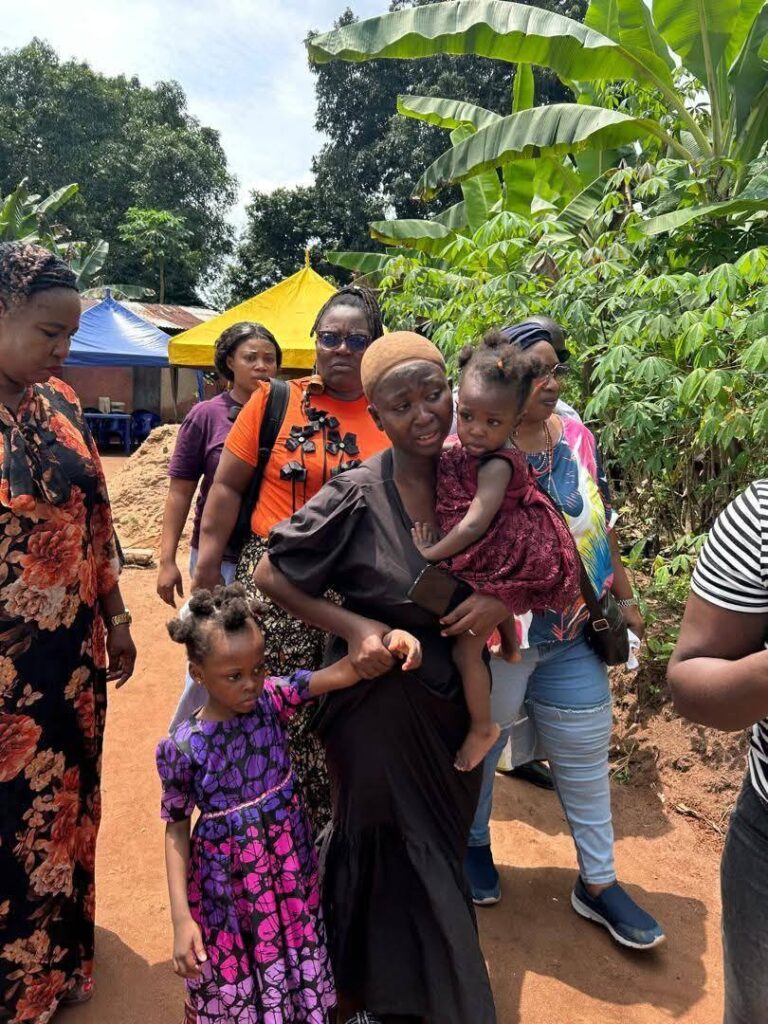In the 21st century, one would expect that humanity has left behind the cruel traditions that once dehumanized women in the name of culture. Yet, recent events in Imo State remind us that harmful widowhood practices are not relics of the past; they are still alive, lurking in communities, waiting to resurface when grief strikes.
Just a few weeks ago, in Awo‑Omamma, Oru East Local Government Area, a widow narrowly escaped being subjected to one of the most degrading rituals imaginable.
Her husband, who had died after a long illness, was mourned not with compassion but with accusations. His family insisted she must drink the water used to bathe his corpse and bathe with it herself, a practice that is not only unhygienic but a direct assault on human dignity.
It took the swift intervention of the Ministry of Women Affairs and Social Welfare in Imo State, led by Hon. Nkechinyere Ugwu, to prevent this act of cruelty. Without their presence, the widow’s fate might have been sealed by a ritual that masquerades as tradition but is, in truth, a death sentence.

The defenders of such practices often hide behind the word “culture.” But culture, at its core, is meant to preserve identity, foster unity, and celebrate humanity, not destroy it. When a tradition demands that a grieving woman ingest contaminated water from a corpse, it ceases to be culture; it becomes barbarism.
We must ask ourselves: what purpose does this serve? Is it justice, or is it simply a way to silence and punish women who are already vulnerable? The answer is clear: it is cruelty disguised as custom.
Across Nigeria and other parts of Africa, widows are often accused of witchcraft, blamed for their husbands’ deaths, and subjected to humiliating rituals. These practices strip women of their dignity, expose them to health risks, and perpetuate cycles of fear and oppression.
The consequences ripple beyond the widow herself. Her children, already traumatized by the loss of their father, are forced to witness their mother’s suffering. Communities that allow such practices send a dangerous message: that women’s lives are expendable, and that grief can be weaponized.
The government’s intervention in Imo State is commendable, but it must go further. Laws against harmful widowhood practices exist, yet enforcement remains weak. Justice must not only be served in this case but must set a precedent that no widow will ever face such cruelty again.
Equally important is the responsibility of society. Silence emboldens perpetrators. Communities must rise to protect widows, challenge outdated customs, and educate younger generations about the difference between tradition and oppression.
This incident is a wake‑up call. It reminds us that progress is not automatic; it requires vigilance, advocacy, and courage.
We must:
Strengthen the enforcement of laws protecting widows.
Raise awareness to dismantle harmful cultural practices.
Support widows emotionally, socially, and economically.
Educate communities that culture should evolve to uphold human dignity.
The attempted ritual in Imo State is a mirror reflecting the unfinished work of eradicating harmful traditions. Widowhood should be a time of mourning and healing, not humiliation and death.
As a society, we must declare with one voice: there is nothing cultural about cruelty. Until every widow is free from such practices, our journey toward justice and humanity remains incomplete.